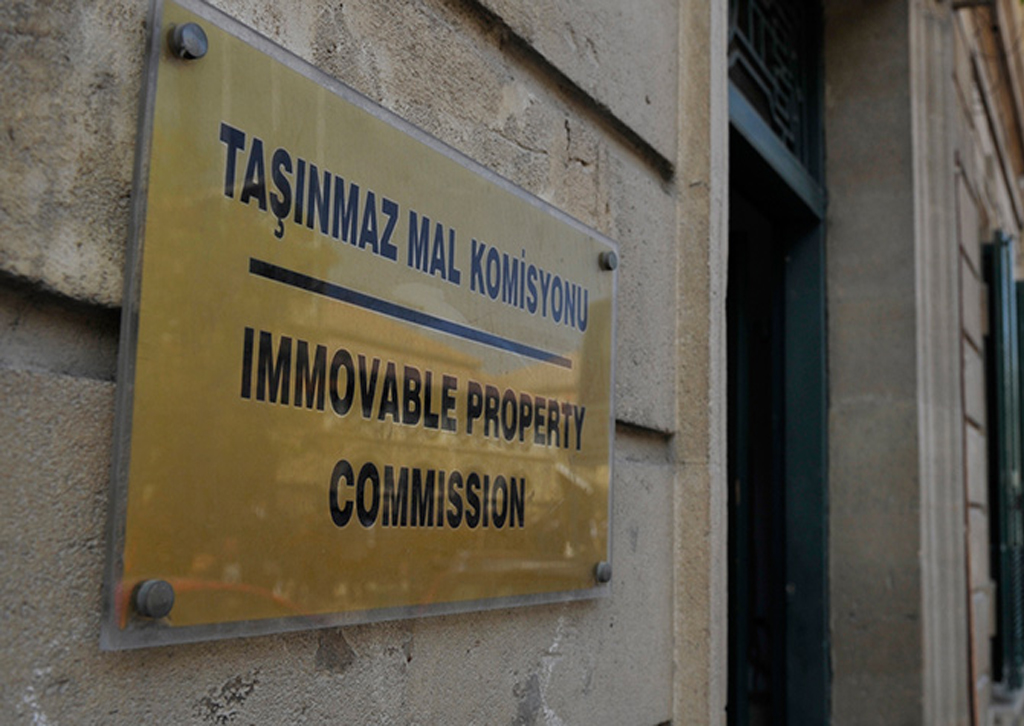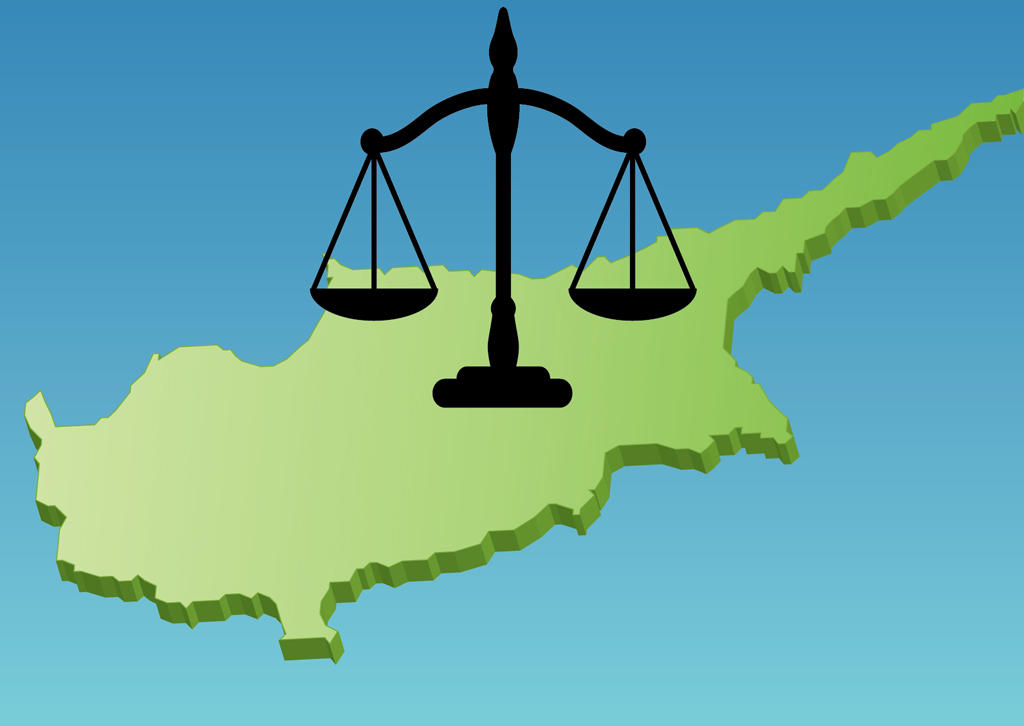Immovable Property Commission

Background
The Cyprus issue dates back to the mid-20th century, resulting in a divided island with a Greek Cypriot-controlled south and a Turkish Cypriot-controlled north. As a consequence of the conflict and subsequent events, numerous properties changed hands or became subjects of dispute. To address these issues and promote reconciliation, the TRNC established the Immovable Property Commission in 2005.

Role and Function
The IPC serves as an independent legal entity, overseeing the resolution of property disputes in a just and equitable manner. Its primary objective is to provide an accessible and effective alternative to lengthy legal proceedings, encouraging parties involved to seek amicable solutions. The commission deals with various cases, including compensation claims, restitution of property, and exchange of properties between Greek Cypriot and Turkish Cypriot communities.

The Process
Individuals seeking resolution through the IPC must submit their claims within a specified timeframe. The commission thoroughly examines each case, considering historical, legal, and factual aspects. Once the investigation is complete, the IPC issues decisions that may involve compensation, restitution, or exchange of properties. It's important to note that these decisions are legally binding and enforced by the TRNC authorities.

Benefits and Challenges
The existence of the IPC has significantly contributed to the stability of the real estate market in North Cyprus. It has provided a mechanism for resolving long-standing disputes, enabling economic development and foreign investment. However, challenges persist, and some critics argue that the process could be further streamlined for greater efficiency.
